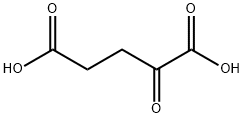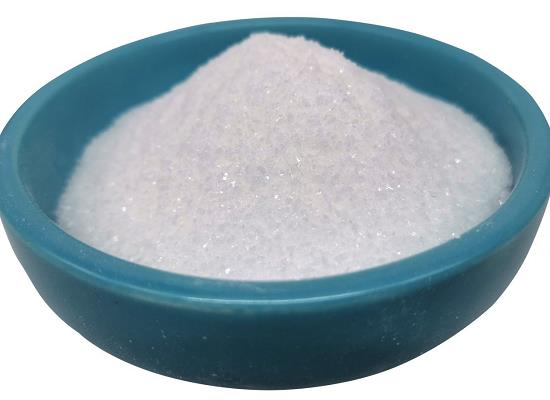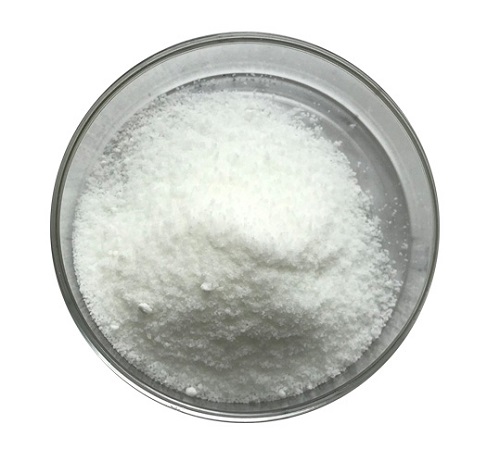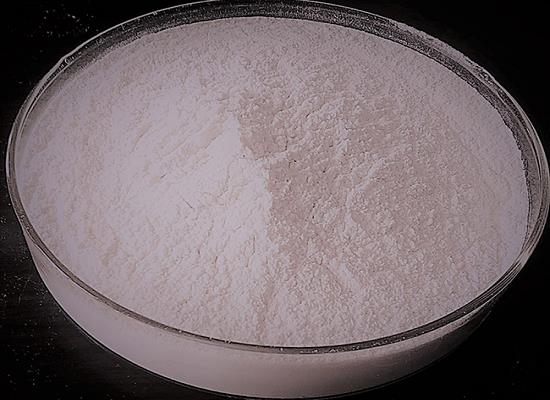2-Ketoglutaric Acid: Anti-Aging Activities and its Mechanism
General Description
2-Ketoglutaric acid exhibits anti-aging properties in various animal models, extending longevity and improving healthspan. It influences stem cell behaviors, maintaining pluripotency in naive PSCs and inducing differentiation in primed PSCs. 2-Ketoglutaric acid's interaction with TET enzymes and CMA regulates gene expression, impacting self-renewal and differentiation. In stem cell reprogramming, 2-Ketoglutaric acid enhances efficiency by activating the AKT-FOXO1 axis. Overall, 2-Ketoglutaric acidplays a crucial role in promoting tissue regeneration, maintaining homeostasis, and potentially impacting lifespan and healthspan. Its potential as a valuable compound for longevity and overall health in organisms, including humans, is promising.
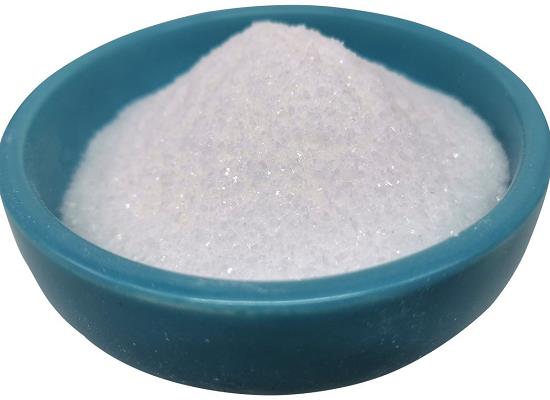
Figure 1. 2-Ketoglutaric acid
Anti-Aging Activities
2-Ketoglutaric acid has emerged as a promising compound with anti-aging properties, as evidenced by studies in various animal models. In nematode Caenorhabditis elegans, 2-Ketoglutaric acid has been shown to extend longevity by approximately 50%, postponing age-related phenotypes and reducing oxygen consumption. Interestingly, AKG's effect on lifespan is mediated by pathways involving ATP-synthase and dietary restriction, highlighting its role as a key metabolite in promoting longevity. In fruit fly Drosophila melanogaster, 2-Ketoglutaric acid supplementation has demonstrated a dose- and sex-dependent increase in lifespan, along with improved resistance to stressors like cold treatments. AKG's effects in Drosophila are associated with changes in gene expression related to longevity, heat stress resistance, and modulation of signaling pathways like AMPK and mTOR. In laboratory mice, 2-Ketoglutaric acid supplementation has shown benefits in glucose tolerance, body weight management, and modulation of inflammation, leading to enhanced lifespan. Studies have indicated that AKG can increase the production of anti-inflammatory cytokines like IL-10, contributing to longevity and improved healthspan. While AKG is not naturally present in the human diet, supplementation has been linked to potential benefits such as promoting muscle growth, wound healing, immunity, and oxidative defense. Clinical trials have explored its role in various health aspects, but further research is needed to understand its impact on human aging and age-related diseases comprehensively. Overall, 2-Ketoglutaric acid's anti-aging activities in animal models suggest its potential as a valuable compound for promoting longevity and enhancing overall health in various organisms, including humans. 1
Mechanism of Action
2-Ketoglutaric acid plays a crucial role in regulating stem cell behaviors, impacting their proliferation, differentiation, and reprogramming processes. Stem cells, essential for tissue growth and regeneration, exhibit declining functions with age, contributing to age-related diseases. 2-Ketoglutaric acid's influence on stem cells is multifaceted and dependent on the cell type and context.In pluripotent stem cells (PSCs), 2-Ketoglutaric acid maintains pluripotency in naive PSCs while inducing differentiation in primed PSCs. 2-Ketoglutaric acid serves as a cofactor for DNA and histone demethylation, essential for maintaining the naive pluripotency state in cells. The biphasic role of AKG in PSCs is influenced by oxygen levels, with naive PSCs relying on anaerobic glycolysis to support their pluripotency. AKG's interaction with TET enzymes and JHDMs facilitates DNA and histone demethylation, crucial for regulating gene expression and maintaining pluripotency. In stem cell differentiation, 2-Ketoglutaric acid promotes differentiation in primed PSCs by inducing the expression of specific differentiation markers. The balance of 2-Ketoglutaric acid to succinate levels influences the differentiation process, with AKG-dependent dioxygenase enzymes playing a role in accelerating differentiation. Additionally, AKG interacts with chaperone-mediated autophagy (CMA) to control the levels of pluripotency-regulating proteins, impacting the balance between self-renewal and differentiation in stem cells. During stem cell reprogramming, AKG-dependent dioxygenases like TET enzymes are essential for inducing pluripotency in differentiated cells. AKG levels influence the efficiency of reprogramming, with AKT signaling pathway activation and TET enzyme expression playing key roles in iPSC generation. The AKT-FOXO1 axis activation by 2-Ketoglutaric acid leads to increased glycolysis and mitochondrial activity, crucial for successful cell reprogramming. 2-Ketoglutaric acidrall, 2-Ketoglutaric acid's intricate mechanisms in regulating stem cell behaviors highlight its potential as a key player in promoting tissue regeneration, maintaining cellular homeostasis, and potentially impacting lifespan and healthspan in organisms. 2
Reference
1. Gyanwali B, Lim ZX, Soh J, et al. Alpha-Ketoglutarate dietary supplementation to improve health in humans. Trends Endocrinol Metab. 2022; 33(2): 136-146.
2. Naeini SH, Mavaddatiyan L, Kalkhoran ZR, Taherkhani S, Talkhabi M. Alpha-ketoglutarate as a potent regulator for lifespan and healthspan: Evidences and perspectives. Exp Gerontol. 2023; 175: 112154.
Related articles And Qustion
Lastest Price from 2-Ketoglutaric acid manufacturers

US $10.00/ASSAYS2025-08-20
- CAS:
- 328-50-7
- Min. Order:
- 1ASSAYS
- Purity:
- 99%
- Supply Ability:
- 100kg
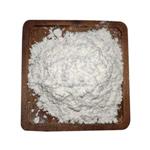
US $0.00/mg2025-06-06
- CAS:
- 328-50-7
- Min. Order:
- 1mg
- Purity:
- 99%
- Supply Ability:
- 100000T
